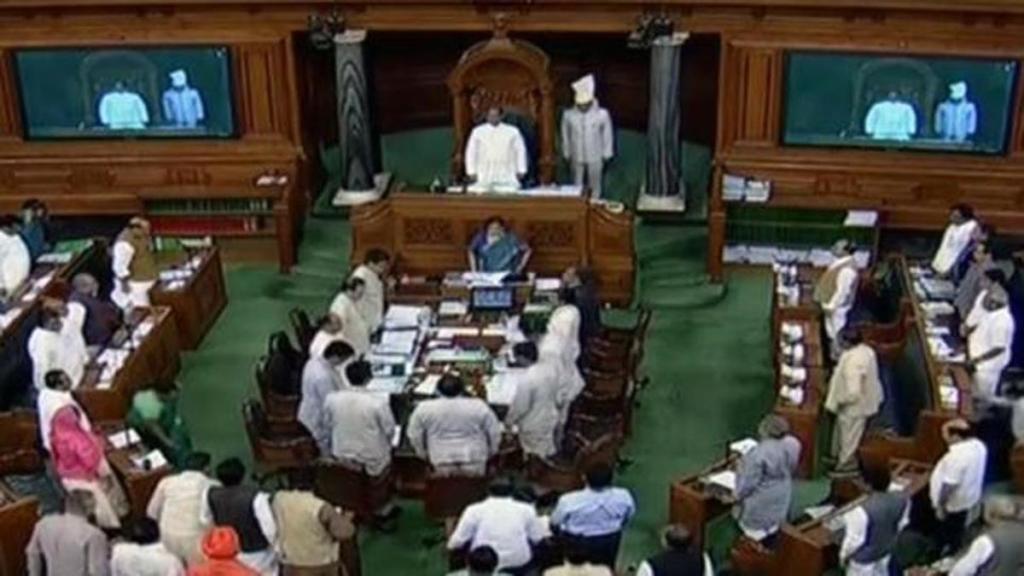The Lok Sabha on Monday passed the Right to Information (Amendment) Bill, with 218 ‘yes’ votes as against 79 ‘no’ votes. While the opposition cried foul and claimed the passing of this bill to be another “blackest day’’ for Indian democracy, the Government has called out the opposition for blatant fear-mongering in this regard.
Stating governments position on the issue, Information & Broadcasting Minister Prakash Javadekar in a tweet has said:
The @narendramodi government is committed to strengthening genuine and free flow of information. Therefore, it has encouraged suo motu dissemination of maximum information by Government Departments in order to reduce number of RTIs.@PIB_India @MIB_India
— Prakash Javadekar (Modi Ka Parivar) (@PrakashJavdekar) July 22, 2019
Leader of the Congress in the House Adhir Ranjan Chowdhury, on the bill, had said, “The amendments they (Centre) are trying to bring are dangerous. They are trying to attack our democratic right to information. This government wants to keep a tab on the Commission, and kill its freedom.”
The amendment sought to amend Section 27 of RTI Act 2005, in order to authorize the government to frame rules for the tenure and terms of conditions for the Information Commissioners, which was not streamlined in the RTI Act passed in 2005 by the UPA government, while important sections like Section 12(4) and Section 12(3) which assure autonomy and independence, and deal with the appointment of Information Commissioner respectively have not been interfered with in any way in the amendment bill.
The bill also sought to rectify certain anomalies in the RTI Act passed in 2005, that Chief Information Commissioner and information commissioners cannot be treated at par with Supreme Court judges as the former are statuary appointments while the later is a constitutional position. Another contradiction which was addressed in the amendment was that, while Chief Information Commissioner and information commissioners enjoyed the status of Supreme Court judge, verdicts passed by them were liable to be challenged in the High Courts.
This amendment will ultimately authorize the government to frame rules regarding the tenure and terms of services of Central and State Information Commission by amending Section 27 through Section 13 and Section 16 of the RTI Act 2005 respectively.
Over the past few years, the government has also been focusing on section 4 of the RTI and putting in efforts towards making more information available on all the government websites even effectively negating the need to file an RTI. The Modi government had also earlier introduced a 24 hrs portal and a mobile app for easing out the process of filing of RTIs.
Nonetheless these attempts by the opposition parties to stall basic attempts to further streamline the information commission clearly reek of attempts to sabotage further strengthening and institutionalization of the Right to Information Act, and might play in favor of those who have a vested interest in using RTI as a tool of blackmail. Narendra Modi government has also decided to include the leader of the largest opposition in the Selection Committee as there is no recognized Leader of Opposition in the Lower House.
